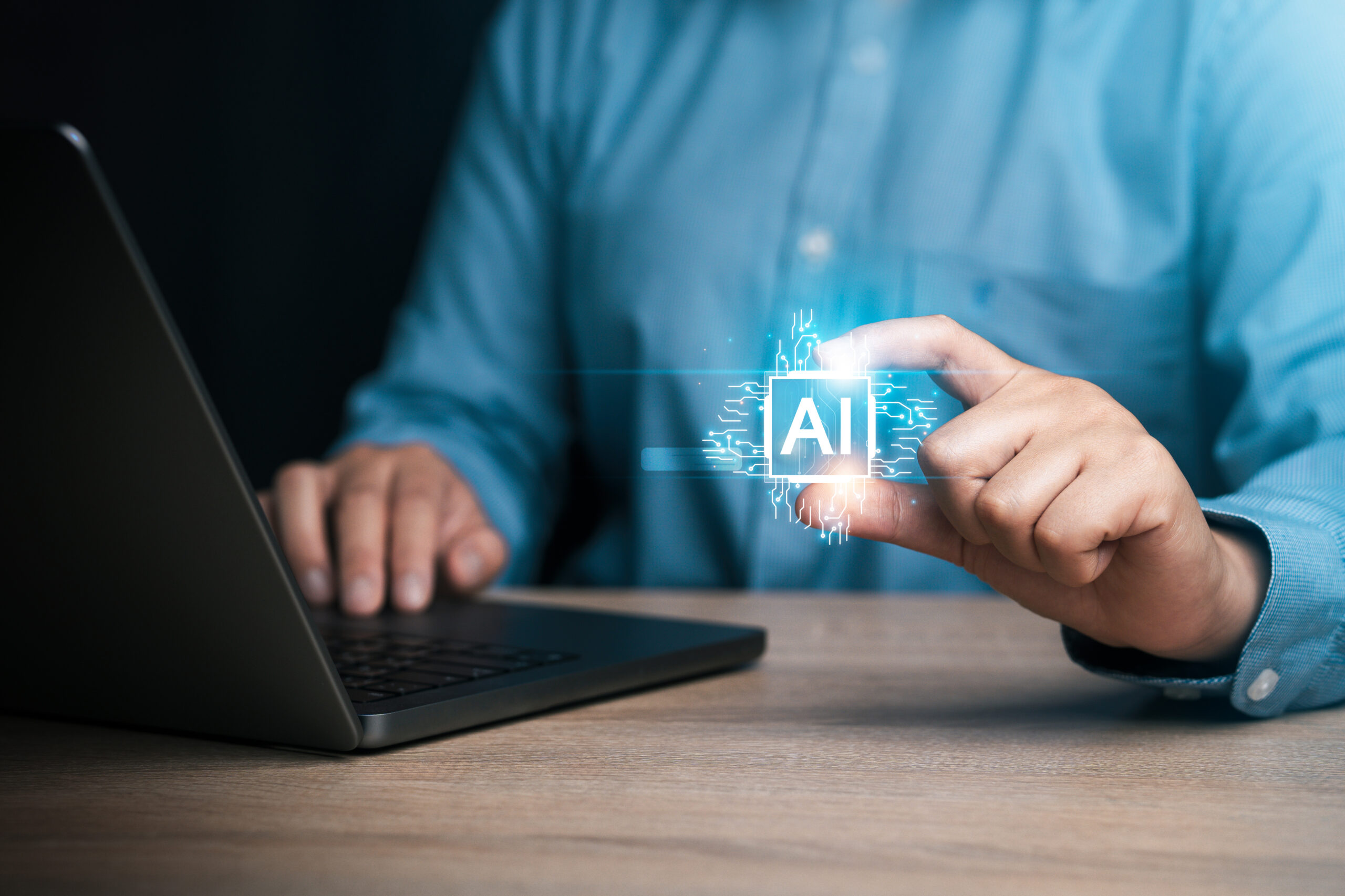The future of technology in education: trends and scenarios

Abstract representation of AI large language models.
A range of technological innovations, currently at different stages of development, will complement each other and fuse digital, material, cognitive, and social realities in ways that we have not seen before. Such interaction calls for an unprecedented interlinking of educational, digital, environmental, and industrial policy, bringing about a different view one the future of education.
The JRC report On the futures of technology in education: emerging trends and policy implications identifies technological innovations with high potential to influence, in the medium and long term, pedagogical practices and the delivery of education at large.
While the seven liberal arts – grammar, logic, rhetoric, arithmetic, geometry, music, and astronomy – formed the basis for education for a long time, in the age of generative AI, core skills such as writing, mathematics, communication, and knowledge about the world, need to be rethought.
The report analyses key developments such as new connectivity infrastructures, immersive technologies, digital credentials, data or generative Artificial Intelligence (AI) taking into consideration the way students learn and develop new knowledge, attitudes and skills.
The next Internet
New wireless communication infrastructures that will conform the 6G standard are poised to create a whole new paradigm of synchronisation and blending of the physical with digital media. The so-called “next Internet” emerging out of such developments will harness a wider spectrum of frequencies and will rely on a ubiquitous AI-powered network of highly precise ‘sensing’ devices.
This will intertwine cognition, space, and action in unprecedented ways through usable representations of the physical world. This in turn will amplify the potential for education of the already sophisticated virtual worlds that we are already starting to see, as described in the recent JRC report Next generation virtual worlds: societal, technological, economic and policy challenges for the EU.
Faster networks, enhanced computing capabilities and lightweight devices will enable immersive technologies such as virtual worlds, augmented reality and holograms to simulate learning situations which would otherwise be unfeasible due to the safety risks and high costs associated with the real-life experiences.
Emerging technologies are also reshaping learning assessment and competence certification processes. Distributed and decentralised systems such as blockchain and micro-credentials, certifying completion of short-term training or courses, are gradually gaining ground in a world where continuous development and upskilling are becoming more common.
Data in education
As the so-called datafication of education continues to gain momentum, large-scale data on education will play a central role in the transformation of the knowledge society. In recent years, detailed data on learning processes has increasingly been accumulated by the providers of digital learning platforms.
However, ethical concerns about personal data processing and potential misuse need to be carefully addressed. There has been much debate on potential problems associated with the uncontrolled flows of data to commercial actors, and the need to assess the benefits and harms of ‘datafication’ of education.
What about artificial intelligence?
AI systems have reached a level of maturity where they can mimic and even outperform humans at certain tasks. The analysis emphasises the lasting impact that generative AI would have, as the use of automatic video captioning, translation, video summarising and highlight extraction, along with text-to-animation and voice to synthetic video would provide many opportunities for pedagogical innovation and enhanced accessibility.
It will be essential to make informed decisions on the activities that could be “delegated” to machines, and the ones we as human beings should retain, to make the best of new learning opportunities.
Skills and assessment
As many as two-thirds of existing jobs will be exposed to AI-based automation in the coming years. It will have a huge impact on education and vocational training, and result in rapid changes of the labour market.
More research is needed to understand how AI, specifically generative AI, affects assessment and how it will affect transversal skills like creativity, critical thinking and problem solving.
The authors highlight the need for critical evaluation of the impact of emerging technologies on teaching, learning and education education at large, recognising their potential role in widening the digital divide and the risks of commercial interests dominating the sector. It highlights the importance of regulating technological innovation to allow diverse educational visions to thrive.
The report opens up a new strand of work for the JRC Digital Skills and Education project, which will examine in more detail some of these trends and innovations in a series of upcoming studies.
Related links
On the Futures of Technology in Education: Emerging Trends and Policy Implications
Next Generation Virtual Worlds: Societal, Technological, Economic and Policy Challenges for the EU
link






